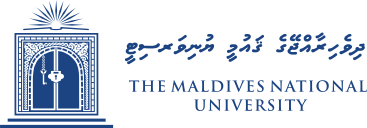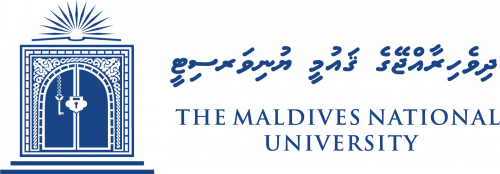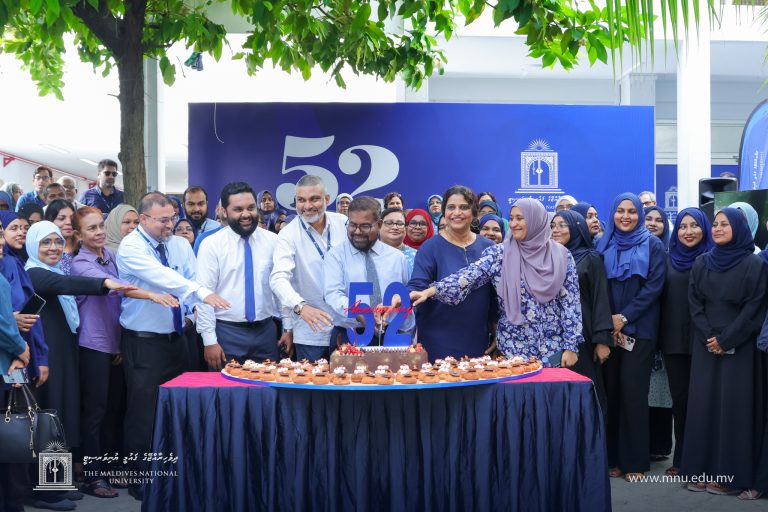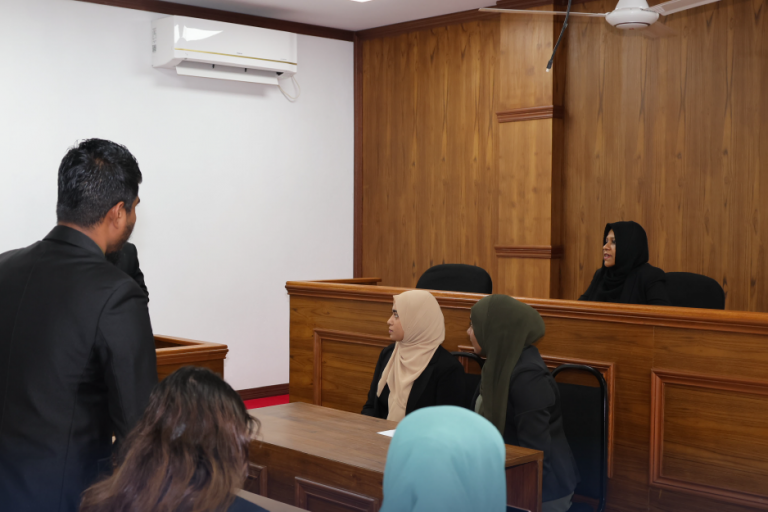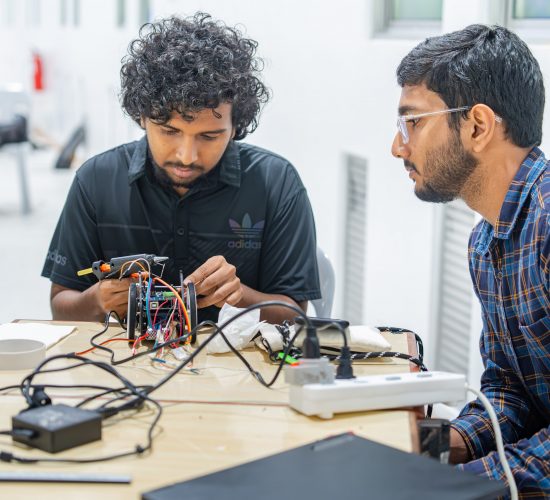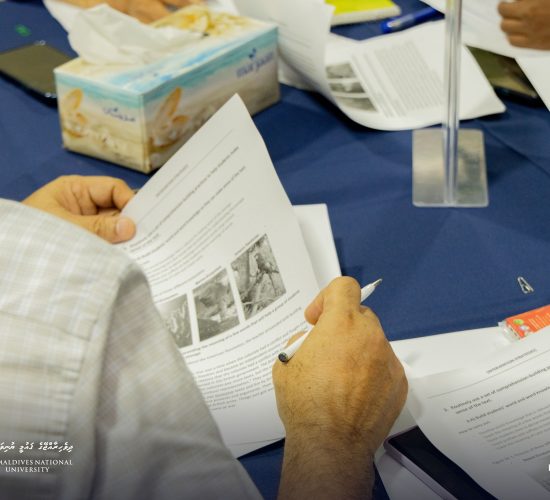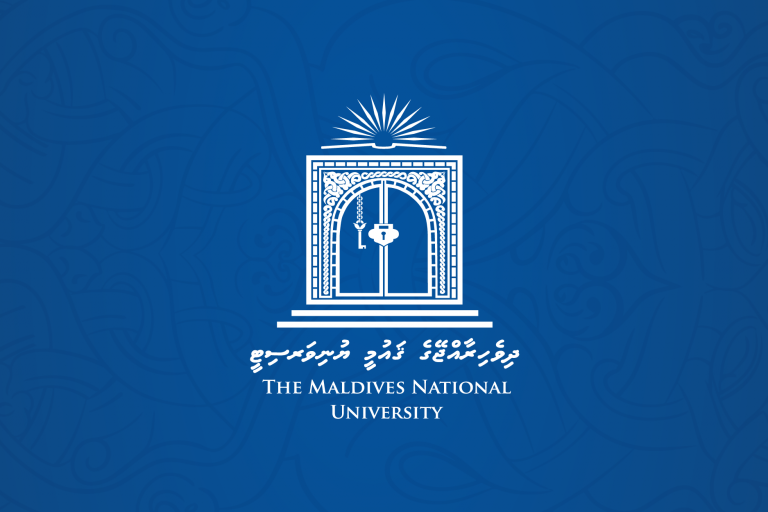As the leading university in the Maldives,the MNU places a strong emphasis on the training and development of its staff. A dedicated Training and Development Unit (TDU) has been established for this purpose.
MNU adheres to a comprehensive Staff Development Policy which requires the formulation and implementation of staff development plans that cater to both short term and long term developmental needs of the university. The Staff Development Policy is supported by the Guideline on Financial Assistance and Support for Employees Pursuing Higher Education which facilitates the provision of financial assistance to staff undertaking further studies.
These policies enable the provision of tuition fees for a total of 10 employees each year, along with fully funded PhD scholarships for 3 staff annually. In addition, 10 more staff members receive financial assistance to complete their PhD studies while working full-time.
The annual budgetary allocation for short term training is MVR 2,000,000 which supports staff to pursue short term training during the year.
Details of short term training undertaken by staff are documented in the University’s Annual Reports.
The Maldives National University Libraries supplements the professional development efforts of the University by delivering comprehensive Information Literacy Training for academic staff as well as students. These sessions cover key areas such as APA referencing, effective search strategies, and the use of electronic databases to enhance research skills.
